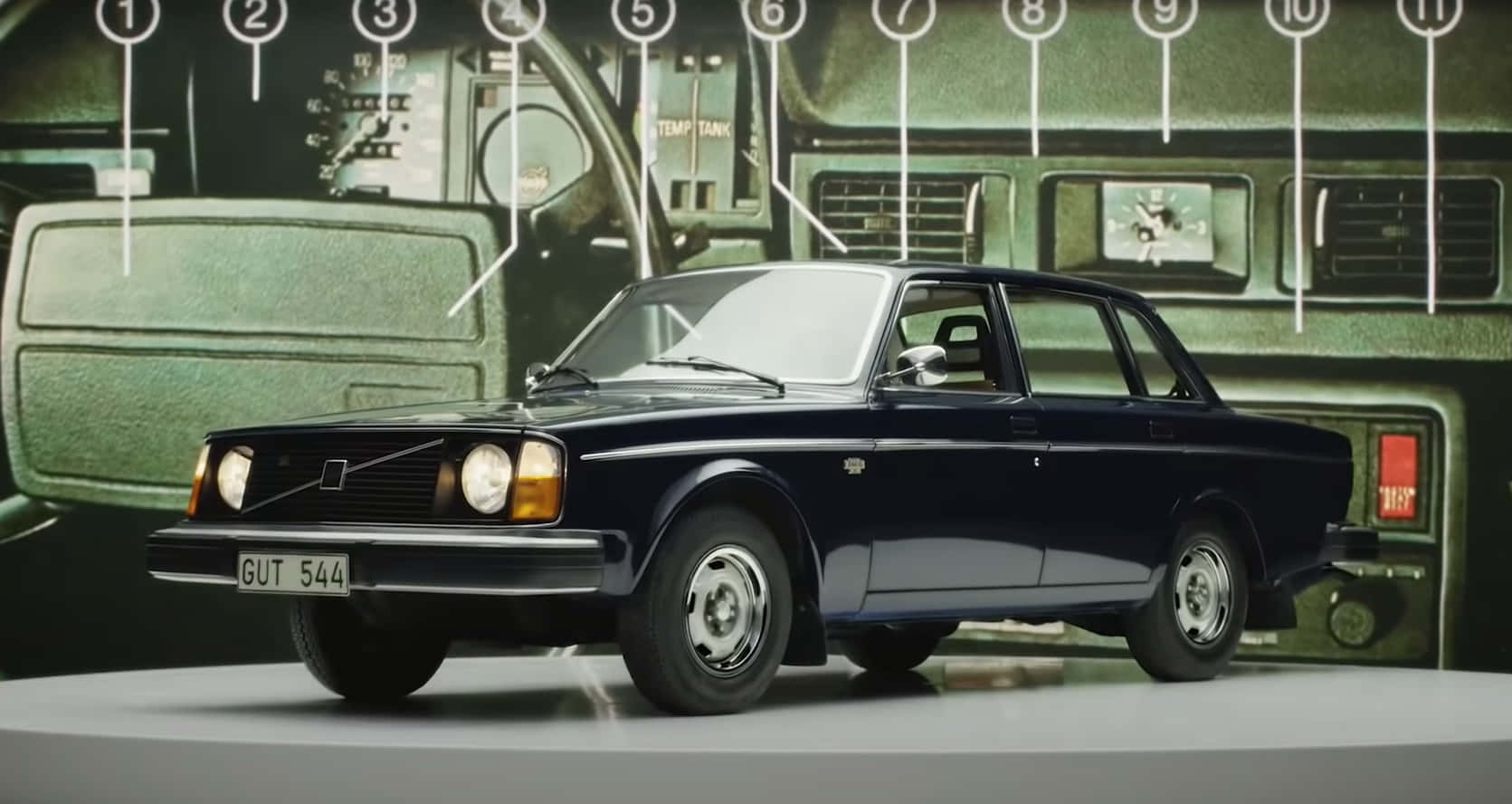So here’s a question that some people ask – “Why don’t Volvos rust?”
You’ve seen these cars around and still looking nice and smooth after all these years. No sign of rust, although they may have been old, yet the exterior appears pretty decent. What gives?
Well, for many of us car owners, rust is the last thing we want on our vehicle’s exterior. Thankfully, it’s not a very common bane of car ownership nowadays. In fact, unless you have a very old car, many modern cars are spared from this issue.
Today, we’ll talk more about the reasons why Volvos don’t rust – and I’ll answer another question that’s brewing in many people’s mind: “Do modern cars rust?” Let’s get started!

Why Don’t Volvos Rust?
The good thing about Volvos is that they are built with potent protection against rust. This is why corrosion is not an issue among Volvo car owners.
The corrosion protection for the exterior includes state-of-the-art metallic protective coatings placed on the sheet metal. Then, it is followed on with a high-quality and professional painting process, which helps to protect it from corrosion.
These advanced techniques also protect your vehicle from abrasion while inhibiting rust in areas exposed to external elements.
As for the chassis, there are corrosion-resistant materials such as cast aluminum for the wheel suspension’s exposed areas to protect it from rust.
Do Modern Cars Rust?
Road salt is what makes rusting an issue in many places. During the winter, roads are salted, which is one of the reasons why folks worry about rust forming on their cars.
However, what used to be a big concern among vehicle owners is not so much an issue nowadays. This includes Volvos.
For instance, the auto industry has greatly improved in the past 25 years, specifically when it comes to fighting corrosion. This is why you don’t see a lot of rusty, newer cars on the road.
Volvos, as an example, have better coatings on the exterior. But more than better paint, it is the addition of galvanized steel that has rust-resistant zinc coating on both sides. This solved the problem with corrosion.
Moreover, modern vehicles have an improved design that minimizes the likelihood of rust formation. There are no pockets that become susceptible to mud buildup. There are also no more seams that used to be prone to rust.
Instead of pure metal, many cars nowadays have rust-proof plastic materials. This is common in rocker panels found underneath the doors. Without chrome-plated and stainless steel trim, this reduces chances of galvanic corrosion. This condition happens when different types of metals come into contact with each other, thus resulting in an electric current.
Controlling Rust In Modern Cars
While these implementations and additions to modern cars reduce the risks of corrosion, there are other things you can do to protect your car from rust, especially when exposed to road salt.
One important thing you can do is by repainting your car and getting the road salt off by cleaning it well. Just keep in mind that rust can do damage over time, so you should make it part of your daily car maintenance to clean it well and this should help control the damage caused by corrosion.
Read More: Volvo Xc90 V8 Problems – Things You Should Expect
Bottom Line
Overall, Volvos don’t rust largely because of the corrosion-protective materials incorporated to the body of the car. Many modern cars are also protected from rust because of advanced technology used for the painting process while using more rust-proof materials throughout the body and exposed components that are highly susceptible to corrosion.